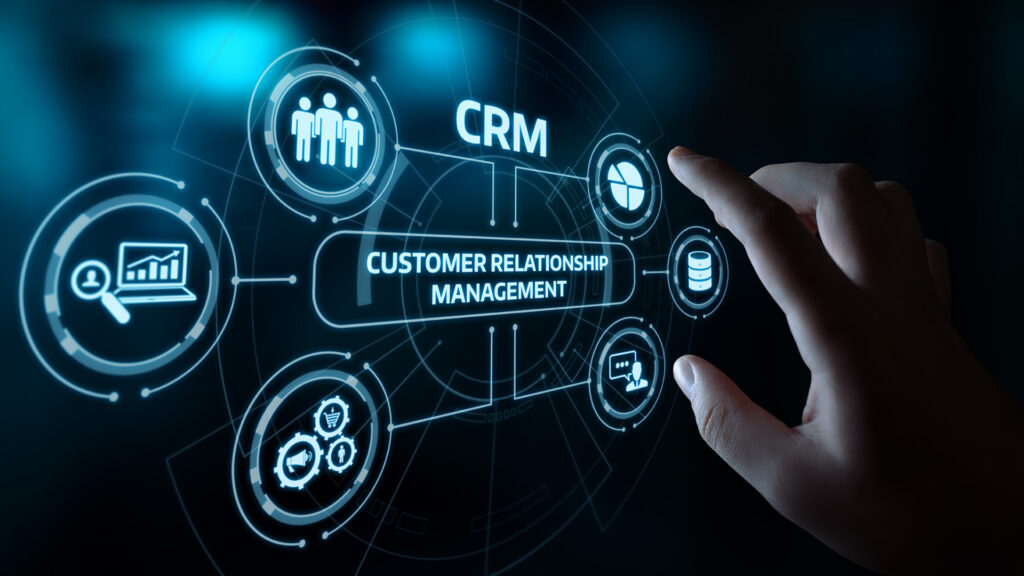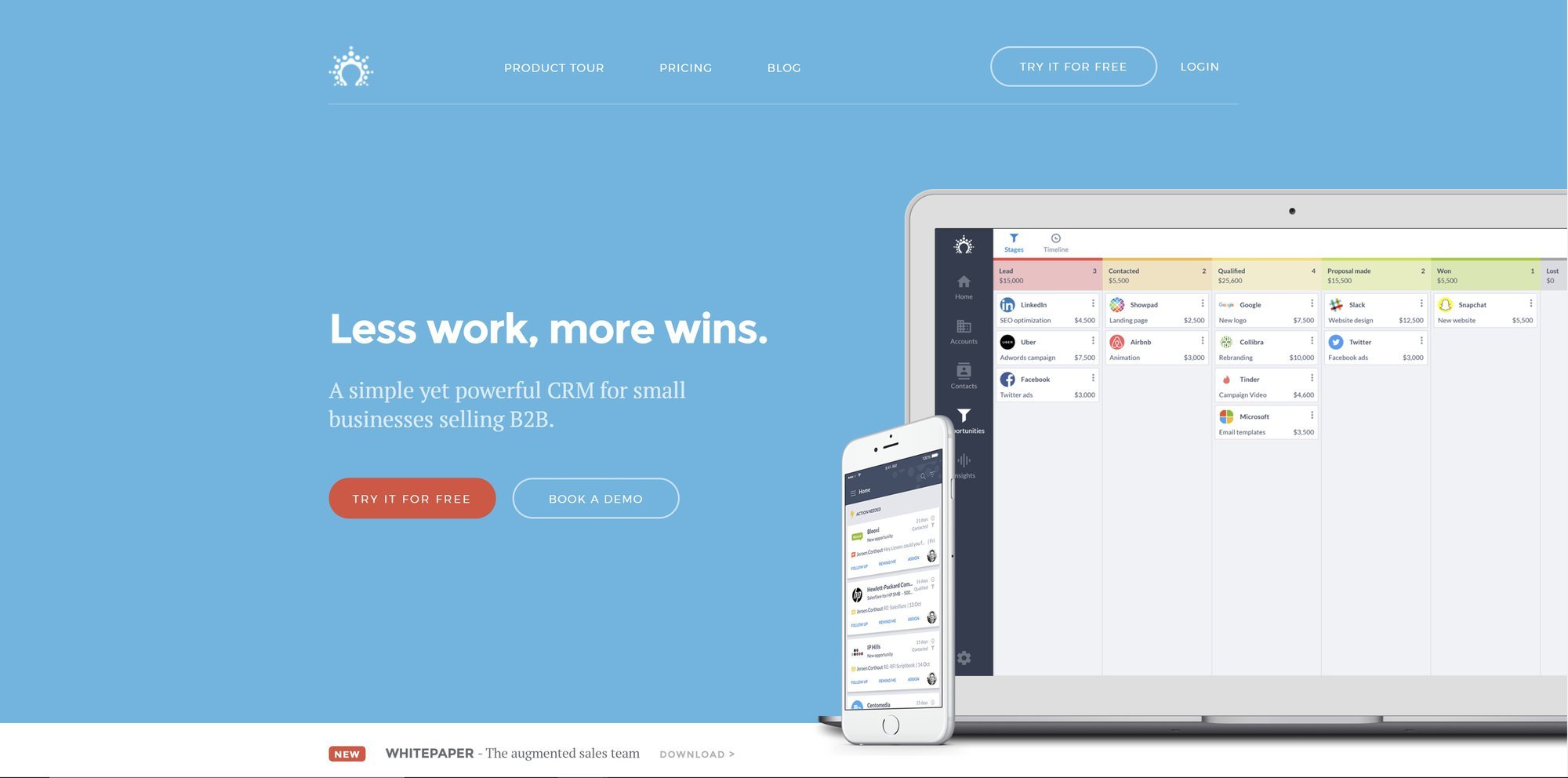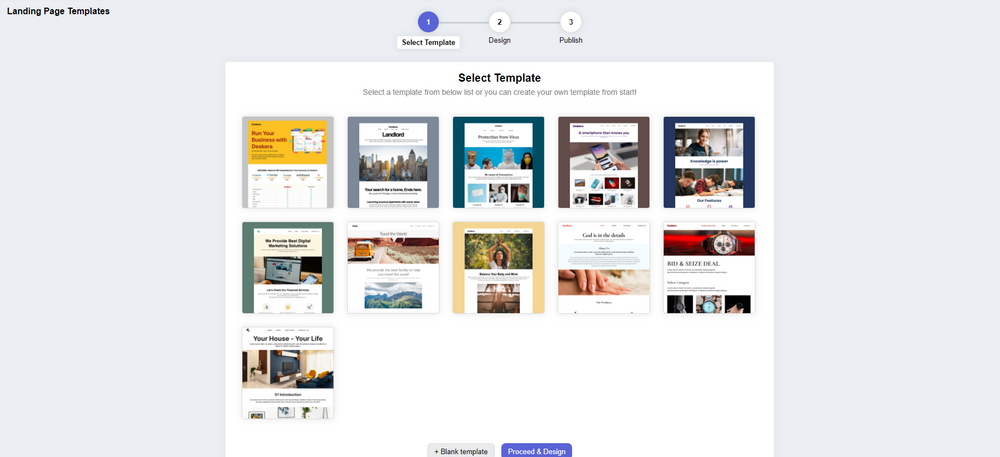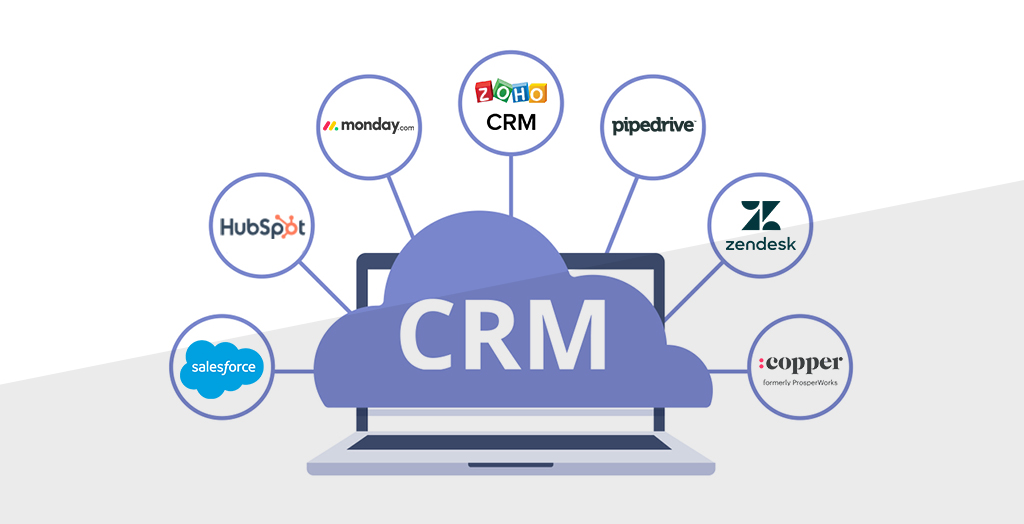Unlock Growth: Your Ultimate Guide to CRM Marketing Platforms

Unlock Growth: Your Ultimate Guide to CRM Marketing Platforms
In today’s fast-paced digital landscape, businesses are constantly seeking innovative ways to connect with their customers, boost sales, and foster lasting loyalty. At the heart of these efforts lies the Customer Relationship Management (CRM) marketing platform – a powerful tool that can revolutionize how you interact with your audience and manage your business operations. This comprehensive guide dives deep into the world of CRM marketing platforms, exploring their functionalities, benefits, and how to choose the perfect one for your unique needs. Get ready to transform your business and unlock unprecedented growth!
What is a CRM Marketing Platform?
At its core, a CRM marketing platform is a centralized system designed to manage and analyze customer interactions and data throughout the customer lifecycle. It’s much more than just a contact database; it’s a sophisticated tool that integrates marketing, sales, and customer service efforts to create a unified and personalized customer experience. Think of it as the central nervous system of your customer relationships.
Unlike traditional CRM systems that primarily focus on sales, CRM marketing platforms often incorporate marketing automation features, allowing you to nurture leads, segment your audience, and deliver targeted campaigns. This holistic approach ensures that your marketing efforts are aligned with your sales goals and that your customers receive relevant and timely information.
Key Features of a CRM Marketing Platform
The best CRM marketing platforms offer a wide array of features designed to streamline your workflows and enhance your customer interactions. Here are some of the most important ones:
- Contact Management: This is the foundation of any CRM. It allows you to store and manage all your customer data, including contact information, purchase history, communication logs, and more.
- Marketing Automation: Automate repetitive marketing tasks, such as email campaigns, social media posting, and lead nurturing sequences.
- Lead Management: Track and manage leads throughout the sales funnel, from initial contact to conversion.
- Sales Force Automation (SFA): Streamline your sales processes, track sales opportunities, and manage your sales team’s performance.
- Customer Service and Support: Provide excellent customer service by tracking support tickets, managing customer inquiries, and providing self-service resources.
- Analytics and Reporting: Gain valuable insights into your customer behavior, campaign performance, and sales results.
- Segmentation: Divide your audience into specific groups based on demographics, behavior, or interests to deliver targeted messaging.
- Integration: Integrate with other business tools, such as email marketing platforms, social media channels, and e-commerce platforms.
Benefits of Using a CRM Marketing Platform
Investing in a CRM marketing platform can yield a multitude of benefits for your business, including:
- Improved Customer Relationships: By providing a 360-degree view of your customers, you can personalize your interactions and build stronger relationships.
- Increased Sales and Revenue: CRM platforms help you identify and nurture leads, close deals faster, and increase your overall sales performance.
- Enhanced Marketing Effectiveness: Targeted marketing campaigns and automated workflows improve your marketing ROI and generate more qualified leads.
- Increased Efficiency and Productivity: Automate repetitive tasks and streamline your workflows, freeing up your team to focus on more strategic initiatives.
- Better Data Analysis and Decision-Making: Gain valuable insights into your customer behavior and sales performance, allowing you to make data-driven decisions.
- Improved Customer Retention: By providing excellent customer service and personalized experiences, you can increase customer loyalty and reduce churn.
- Scalability: CRM platforms can grow with your business, allowing you to manage an increasing number of customers and transactions.
Choosing the Right CRM Marketing Platform
Selecting the right CRM marketing platform is crucial for your success. With so many options available, it’s important to carefully evaluate your needs and choose a platform that aligns with your business goals. Here are some factors to consider:
- Business Size and Needs: Consider the size of your business and the specific features and functionalities you need. Small businesses may need a simpler, more affordable platform, while larger enterprises may require a more robust and feature-rich solution.
- Budget: CRM platforms range in price from free to enterprise-level. Determine your budget and find a platform that offers the features you need at a price you can afford.
- Ease of Use: Choose a platform that is easy to use and navigate. A user-friendly interface will help your team adopt the platform quickly and efficiently.
- Integration Capabilities: Make sure the platform integrates with your existing business tools, such as your email marketing platform, website, and e-commerce platform.
- Scalability: Choose a platform that can grow with your business and accommodate your future needs.
- Customer Support: Ensure the platform offers excellent customer support, including documentation, training, and technical assistance.
- Reporting and Analytics: Look for a platform that provides robust reporting and analytics capabilities, allowing you to track your performance and make data-driven decisions.
- Security: Ensure the platform has strong security measures to protect your customer data.
Top CRM Marketing Platforms in the Market
The CRM landscape is competitive, with numerous platforms vying for market share. Here are some of the leading CRM marketing platforms:
- HubSpot CRM: HubSpot is a popular platform known for its user-friendliness and comprehensive features, including marketing automation, sales tools, and customer service features. It offers a free version that’s great for small businesses.
- Salesforce Sales Cloud: Salesforce is a leading CRM platform for businesses of all sizes. It offers a wide range of features and customization options, making it suitable for complex business needs.
- Zoho CRM: Zoho CRM is a cost-effective platform that offers a wide range of features, including sales automation, marketing automation, and customer service tools. It’s a good option for small to medium-sized businesses.
- Microsoft Dynamics 365: Microsoft Dynamics 365 is a comprehensive CRM platform that integrates with other Microsoft products. It’s a good option for businesses that use Microsoft products extensively.
- Pipedrive: Pipedrive is a sales-focused CRM platform that’s designed to help sales teams manage their leads and close deals. It’s known for its user-friendly interface and pipeline management features.
- ActiveCampaign: ActiveCampaign is a powerful marketing automation platform that also offers CRM features. It’s a good option for businesses that prioritize marketing automation.
Implementing a CRM Marketing Platform: A Step-by-Step Guide
Once you’ve chosen a CRM marketing platform, it’s time to implement it. Here’s a step-by-step guide to help you get started:
- Define Your Goals: Before you start, define your goals for using the CRM platform. What do you hope to achieve? (e.g., increase sales, improve customer satisfaction, streamline marketing efforts)
- Choose Your Team: Identify the team members who will be responsible for implementing and using the platform.
- Data Migration: Transfer your existing customer data into the CRM platform. Clean and organize your data to ensure accuracy.
- Customize the Platform: Configure the platform to meet your specific business needs. This may involve customizing fields, creating workflows, and setting up integrations.
- Train Your Team: Provide training to your team on how to use the platform.
- Test and Iterate: Test the platform thoroughly and make any necessary adjustments.
- Monitor and Analyze: Track your progress and analyze your results. Use the platform’s analytics to identify areas for improvement.
Maximizing Your CRM Marketing Platform: Best Practices
To get the most out of your CRM marketing platform, consider these best practices:
- Keep Your Data Accurate and Up-to-Date: Regularly update your customer data to ensure its accuracy.
- Segment Your Audience: Divide your audience into specific segments to deliver targeted messaging.
- Personalize Your Interactions: Use customer data to personalize your interactions and provide a more relevant experience.
- Automate Repetitive Tasks: Automate tasks, such as email campaigns and lead nurturing, to save time and improve efficiency.
- Track Your Results: Monitor your results and analyze your performance to identify areas for improvement.
- Integrate with Other Tools: Integrate your CRM platform with other business tools to streamline your workflows.
- Provide Excellent Customer Service: Use your CRM platform to provide excellent customer service and build strong relationships.
- Continuously Optimize: Regularly review and optimize your CRM strategies to ensure they’re effective.
The Future of CRM Marketing Platforms
The future of CRM marketing platforms is bright, with ongoing advancements in technology driving innovation. Here are some trends to watch:
- Artificial Intelligence (AI): AI is being used to automate tasks, personalize customer interactions, and provide insights into customer behavior.
- Machine Learning (ML): ML is being used to predict customer behavior, identify trends, and optimize marketing campaigns.
- Mobile CRM: Mobile CRM platforms are becoming increasingly popular, allowing businesses to access their CRM data and manage their customer interactions on the go.
- Integration with Social Media: CRM platforms are integrating with social media channels to provide a more seamless customer experience.
- Focus on Customer Experience: CRM platforms are increasingly focused on providing a positive customer experience.
Conclusion
A CRM marketing platform is an essential tool for businesses looking to connect with their customers, boost sales, and foster lasting loyalty. By understanding the key features, benefits, and best practices of CRM platforms, you can choose the right platform for your needs and unlock unprecedented growth. Embrace the power of CRM and transform your business today!
By implementing a CRM marketing platform and following these best practices, you can transform your business, build stronger customer relationships, and achieve sustainable growth. Don’t wait – take the first step towards a more connected and customer-centric future!




